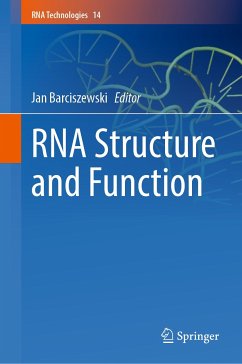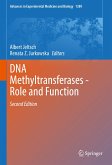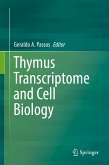RNA, in one form or another, touches almost everything in a cell. RNA has both structural and catalytic properties. RNA fulfills a broad range of functions. These molecules are no longer seen as passive elements transferring the genetic information from DNA into proteins but regulate the activity of genes during development, cellular differentiation, and changing environments. RNAs are involved in various aspects of cell physiology and disease development. Discoveries of RNA with unexpected diverse functions in healthy and diseased cells,such as the role of RNA as both the source and countermeasure to cancer or severe viral infection, stimulate new trends, passion, and solutions for molecular medicine.
In this book, fundamental questions about the biochemical and genetic importance of RNA, how mRNAs are generated and used to produce proteins, how noncoding and catalytic RNAs mediate key cellular processes, how to determine RNA structure and how to apply RNA in treatment of diseases.
This book is an essential resource for researches in academia and industry contributing to the development of new RNA therapeutics. The book is geared toward scientists from the graduate level on up and particularly appeals to active investigators in RNA biology, molecular biology, and biochemistry.
Dieser Download kann aus rechtlichen Gründen nur mit Rechnungsadresse in A, B, BG, CY, CZ, D, DK, EW, E, FIN, F, GR, HR, H, IRL, I, LT, L, LR, M, NL, PL, P, R, S, SLO, SK ausgeliefert werden.
Hinweis: Dieser Artikel kann nur an eine deutsche Lieferadresse ausgeliefert werden.









